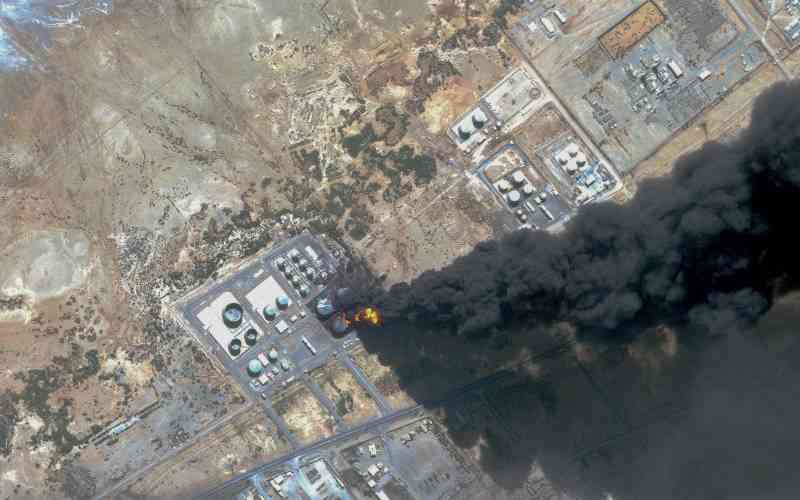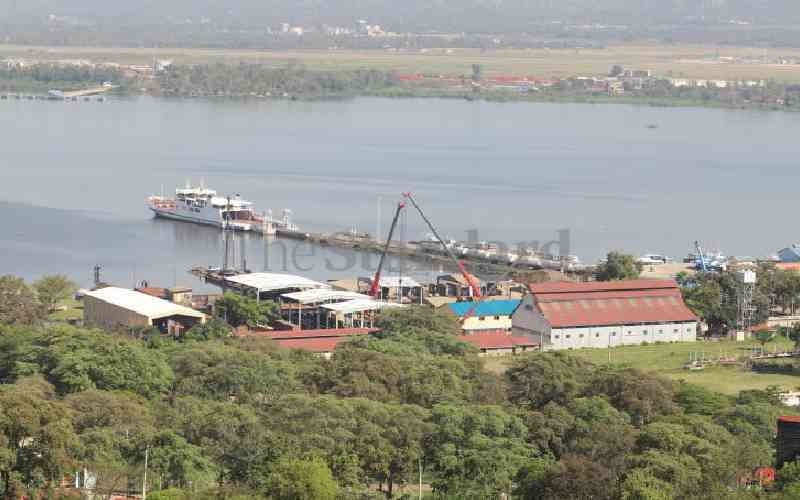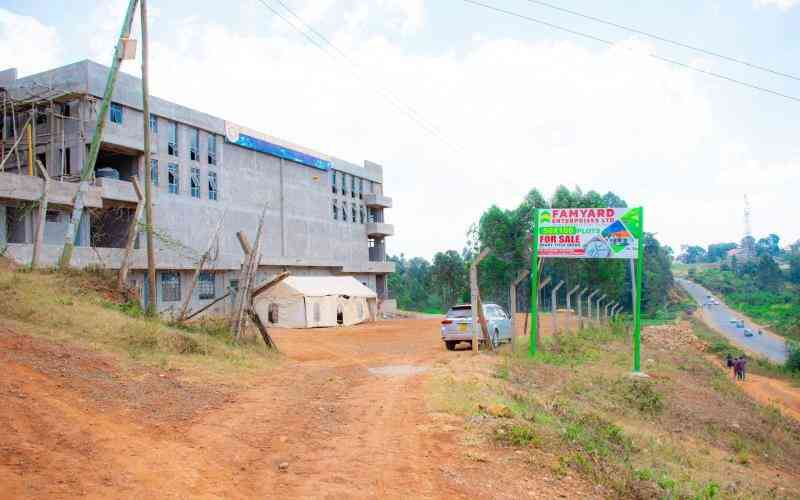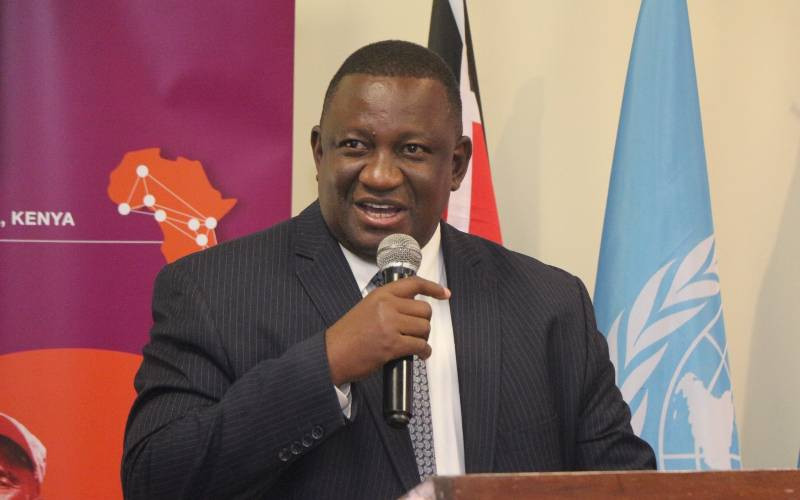
Sudan has delayed finalising its maritime border agreement with Saudi Arabia to allow for coordination with Egypt.
According to political analyst Ammar Siddiq, the postponement highlights the influence of regional actors on Sudan’s decision-making amid ongoing institutional weakness and political and military divisions since the outbreak of war.
He added that, from a legal and sovereign standpoint, the delay shows that Sudan’s decisions concerning its borders are increasingly shaped by regional coordination rather than solely by national interest.
"Egypt views any bilateral agreement between Khartoum and Riyadh outside its coordination as a factor in its Red Sea and northern Sudan strategy," Siddiq said.
Siddiq explained that the absence of elected legislative institutions means General Abdel Fattah al-Burhan does not hold a constitutional mandate to finalise agreements of this scale unilaterally.
"Any unilateral step in this regard bypasses the will of the people and could affect the unity of Sudanese territory and the rights of future generations," he noted.
The maritime border committee between Sudan and Saudi Arabia met on September 20, chaired by General Engineer Al-Amin Muhammad Banqa, with the presence of the Minister of Justice and members of technical and legal committees.
The meeting discussed amendments to Sudan’s map following a land and maritime border agreement with Egypt.
Banqa said the committee’s work includes demarcating the baseline at sea, establishing a maritime database, and appointing a delegation to meet the Egyptian side to set a preliminary formula for land and maritime borders.
Siddiq claimed that Egypt aims to invest in marine areas and explore minerals in Sudanese waters and adjacent lands.







